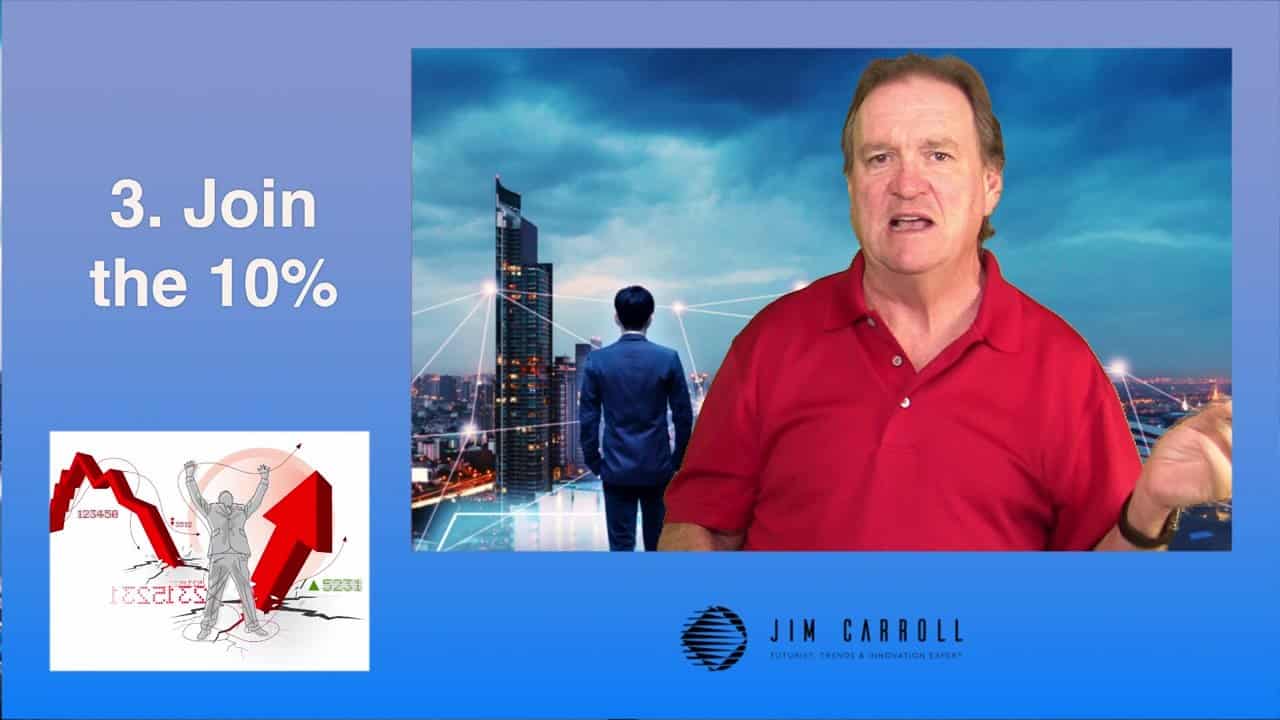

And so is Bezos’ $2 billion investment in Montessori-inspired preschools. In a business world that is driven by quarterly results and short-term thinking, some of Bezos’ investments-his takeover of the Washington Post, his development of a $42 million clock meant to operate for 10,000 years, or his spaceflight company Blue Origin, set to take the first woman to the moon-may not seem driven by a larger strategic purpose. His early annual shareholder letters bear titles such as “It‘s All About the Long Term” (1997), “Building for the Long Term” (1999) and “Taking the Long View” (2000), and they are testimony to the fact that every strategic decision he makes is part of a larger, long-term plan. But Jeff Bezos, himself a graduate of a Montessori preschool, doesn’t think in short-term opportunities. It would be easy to think that Amazon’s rapid expansion into industry after industry is just the natural, opportunistic path of a cash-flush company seeking to invest in new, lucrative markets. I do not think public education leaders will have much of a choice in whether or not to answer when Amazon comes to knock and deliver. And we’ve only seen the beginning-within the next few years, the company is poised to disrupt the healthcare market, become the market leader in online advertising, establish itself as a competitor to USPS, FedX and UPS, and provide global access to broadband internet through a network of satellites orbiting the planet… to name but a few examples. Books were simply a stepping stone, the “best first thing” to sell.) Less than three decades later, Amazon has become not just the world’s largest online retailer, but also a global leader in areas as diverse as cloud computing, home security and digital content production. (Hint: It had nothing to do with Bezos’ love for literature. In a now-famous 1997 interview, he candidly explained why Amazon started out by selling books.


Instead, we should see it for what it is: the early days of Amazon’s foray into public education.īezos, more than any other tech entrepreneur, is known to play the long game, masterfully. Jeff Bezos’ $2 billion investment to establish a Montessori-inspired network of preschools may be shrugged off by many as the world’s richest man dabbling in another playground.


 0 kommentar(er)
0 kommentar(er)
